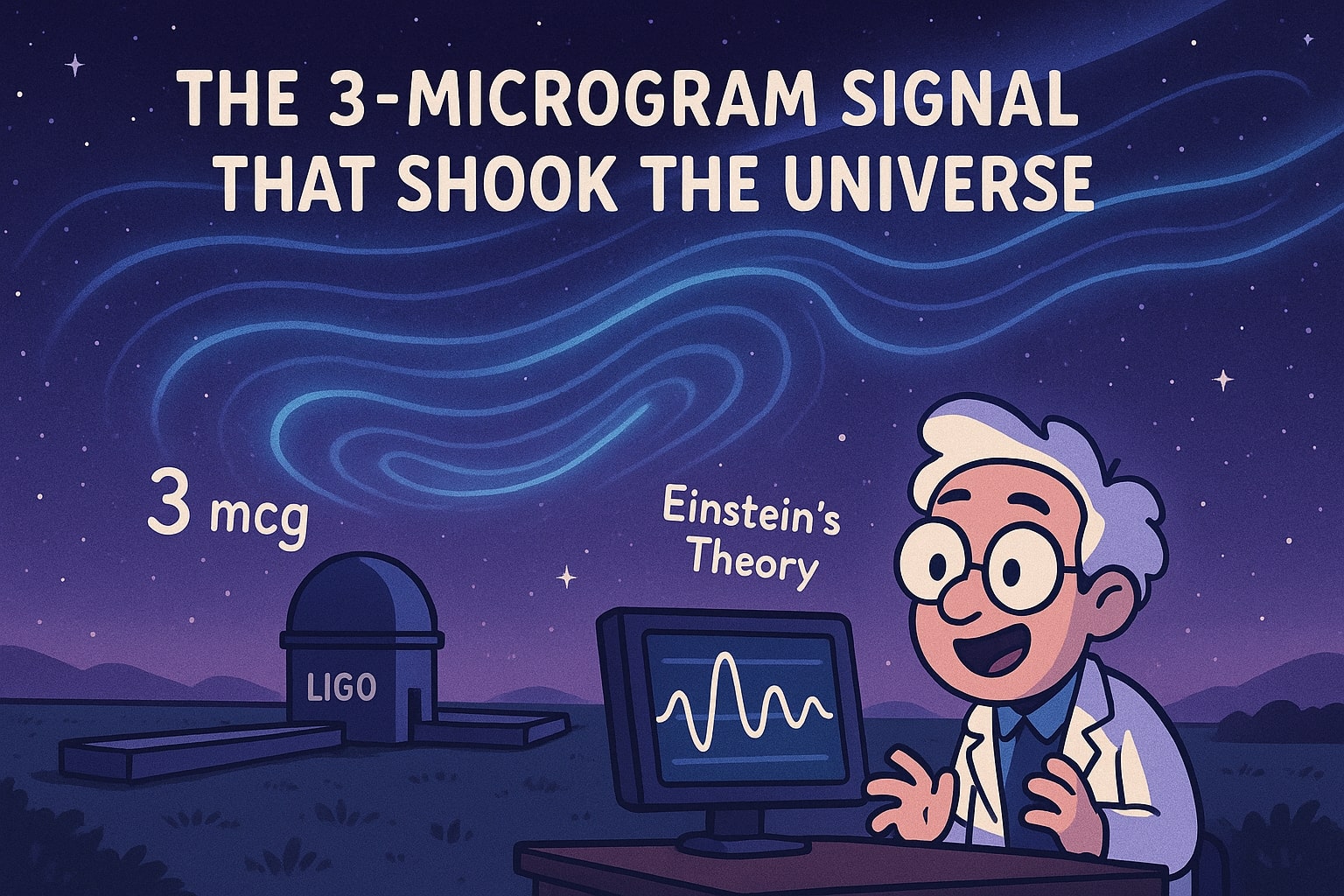Now that you know how to convert mcg to kg, you can apply this knowledge in scientific research, medicine, and precision engineering. For more versatile unit switching—across weights, lengths, volumes, and beyond—explore our comprehensive Conversion tool and make every calculation effortless!
How to convert micrograms to kilograms?
The mcg to kg conversion is commonly used in pharmaceuticals, chemistry, and laboratory research, where precise weight measurements are essential. Since micrograms (mcg) and kilograms (kg) belong to the metric system, converting between them is straightforward. For quick and precise mcg→kg conversions—whether you’re preparing reagents or checking dosage calculations—try our intuitive Weight Converter and get instant results!

Micrograms vs. Kilograms
-
1 kilogram (kg) = 1,000,000,000 micrograms (mcg)
-
Micrograms (mcg) are used for extremely small measurements, while kilograms (kg) measure larger weights.
To convert micrograms to kilograms, use this formula:
Kilograms (kg) = Micrograms (mcg) ÷ 1,000,000,000
Example: Convert 500,000,000 mcg to kilograms:
500,000,000 ÷ 1,000,000,000 = 0.5 kg
Did You Know?
-
A single grain of pollen weighs approximately 10 mcg.
-
The human body contains about 4,000 mcg (4 mg) of vitamin B12.
-
A newborn baby typically weighs around 3.2 kg (3,200,000,000 mcg).
-
The smallest GPS tracking chips weigh around 50 mcg.
-
The wings of some butterflies have microscopic scales that are only 2 mcg in weight.
The 3-Microgram Particle That Proved Einstein Right
In 2015, scientists at the LIGO observatory detected gravitational waves for the first time, proving Einstein’s General Theory of Relativity. These waves, caused by the collision of two black holes, disturbed space-time by an amount smaller than a microgram.
The equipment used in the experiment could measure disturbances as tiny as 3 mcg, a level of precision never achieved before. This discovery changed the way we understand gravity, space, and the universe itself.


